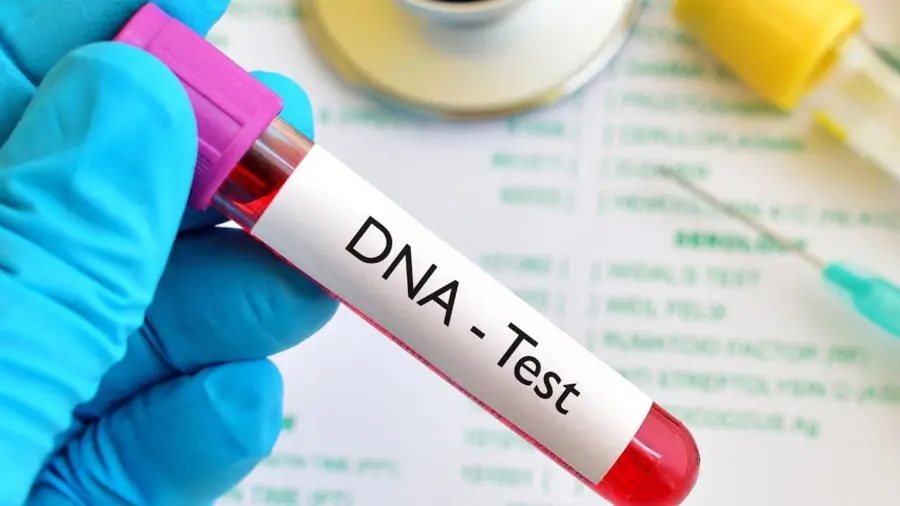The recent revelation that one in every four children tested in Nigeria fail DNA paternity checks has stirred heated conversations across the country.
Many now describe the trend as a “paternity scam,” with arguments centered on issues of trust in marriages and claims of rising infidelity among women, which some believe is putting men under extreme emotional pressure.
DNA, the molecule that carries genetic instructions for life, is the scientific basis of paternity tests. While the technology has been a major breakthrough in science, it has also brought heartbreak to many families.
When a result shows a man is not the biological father of a child, the emotional damage is often devastating, not just for the man but also for the child, especially if they are already grown.
According to a new study by Smart DNA Nigeria covering July 2024 to June 2025, 25 percent of paternity tests returned negative, only a slight drop from 27 percent in 2024.
The research further revealed that firstborn children were most likely to fail paternity checks, with firstborn sons topping the list at 64 percent. This trend raises troubling questions about trust, family structures, and social stability in urban Nigeria.
The report also linked the growing number of tests to the “Japa” wave. Immigration-related DNA testing accounted for 13.1 percent of all cases, as more families sought foreign citizenship and documentation for children relocating abroad.
The findings showed that men ordered 88.2 percent of all tests, mostly driven by suspicion, while women accounted for just 11.8 percent.
Almost half of the tests were requested by men aged 41 and above, suggesting financial stability influences such decisions. Most of the tests involved children between ages 0 and 5, showing parents prefer to settle doubts early.
Lagos emerged as the center of DNA testing in Nigeria, making up 69 percent of all cases. Within Lagos, Lekki accounted for the highest number of cases at 20.3 percent, while the Island recorded 40.6 percent and the Mainland 59.4 percent.
Ethnic breakdown showed Yoruba clients at 53 percent, Igbo at 31.3 percent, and Hausa at just 1.2 percent, highlighting cultural differences in attitudes toward paternity checks.
Interestingly, 83.7 percent of families carried out DNA tests for peace of mind rather than legal disputes, while court-ordered cases made up only 1.4 percent. Most families tested only one child, often a boy, which reflects traditional concerns about inheritance and lineage.
Elizabeth Digia, Operations Manager at Smart DNA, said the findings reveal more than just statistics. According to her, the numbers reflect deep issues of trust, relationships, and the economic realities of Nigerian families.
She stressed the need for sensitivity when handling results, and called for public education and legal reforms to address paternity fraud.
Public reaction to the report remains divided. Some believe DNA tests are unnecessary unless another man is claiming paternity, arguing that exposing such secrets may cause family collapse or even lead to violence.
Lagos-based psychologist Dr. Dipo Olawale supports this view, warning that men should not test their children out of suspicion alone as the results could bring lifelong trauma.
Others insist that DNA testing is essential once suspicion arises, whether or not another man is involved. Chief Wole Adegbola is among those who argue that it is better to know early, rather than raise a child for decades only to discover later that the child is not yours.
He explained that early knowledge allows a man to make a deliberate choice, instead of facing betrayal after years of investment.
The debate over DNA testing in Nigeria is far from settled. While some see it as unnecessary and dangerous, others believe it is the only way to prevent future heartbreak.
What remains clear is that DNA testing has become not only a scientific solution but also a social issue, reshaping conversations about trust, family, and values in modern Nigeria.







